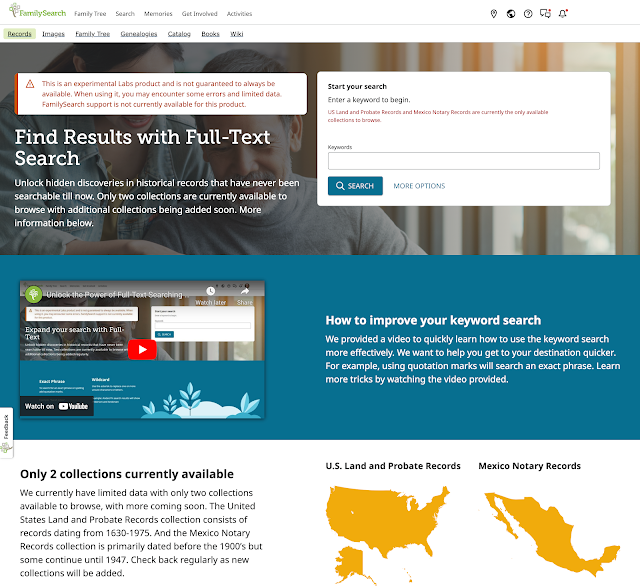I hope I don't have to tell you this image is an AI generated image.
I just read an article from The Verge entitled "Here's why AI search engines really can't kill Google." It started me thinking about the thousands of searches I had done in the past few weeks using Google Search, Google Gemini, and Microsoft Copilot. I realized that I had come to the same conclusion months ago. AI does what it does and Google Search does what it does. AI is not trying to copy Google Search and I assume that Google Search isn't even particularly aware of what AI does. The simple example of this statement is the following hypothetical example search.
Me: Amazon [typed in the Google Search field} (Note: I am wanting to look up a price on an item on Amazon.com but I am too lazy to search more specifically.)
Google Search: The first item is a link to Amazon.com
Hmm.
How about the same question and response from Microsoft Copilot easily the best generative AI chatbot at the present time.
Me: Amazon
Here is the answer from Copilot after a few seconds of searching.
Yes, it gave me the link to Amazon, but also gave information I did not ask for. No, I am not that stupid, I do not need to ask about Amazon's URL, I realize it is Amazon.com and that is the end of this example.
The chatbot is sort of like one of my friends or even like me. If I just walked up to someone (a live person) and said the word "Amazon" They would probably say What? Why are telling me the word Amazon? Do you mean Wonder Woman or the online store? Copilot didn't mention Wonder Woman but it did, at least, give me a link to the website. I realize this seems to be a trivial example, but it really isn't trivial.
Using a chatbot to do research is more that simply asking questions. You need to understand what you are trying to learn. Your questions or prompts need to reflect accurate information. You essentially get what you ask for whether you meant to ask for it or not. The chatbot, if it has a huge Large Language Model or a specialized Large Language Model will begin to learn from you about the information you are looking for. For example, If I use the term "Family Tree" with descriptions, a broad chatbot such as Microsoft Copilot will "understand" that I am asking about genealogy and family history. A lessor based chatbot will never recognize the distinction and keep answering with trees and families.
Both the AI chatbots and Google Searches learn from your past searches. You might realize this by observing the pathetic "targeted ads" on nearly every website. Supposedly, they tailor the ads to what you are interested in buying. Because the ads annoy me, occasionally, I will start making random product searches. Right now, for example, I am getting ads for Alpha Romeo automobiles and random cruise ship offers neither of which have the slightest interest in purchasing.
I am writing this post late in the afternoon. I went to my Google History and counted that I had done 231 Google searches since 7;00 this morning. During the same time, I had done 8 Microsoft CoPilot searches. Those numbers and probably low for an average day. How many of those searches gave me responses I was looking for? All of them. Why the Copilot searches because I needed answers such as one URL not an explanation and the short wait for the explanation did not justify using Copilot.
Working with both the Google Search and Copilot relies on a learned skill. With Google, I am guessing what Google will know and using words that give me the response I need. Copilot is a little more demanding. They call the search input to chatbots, "prompts" but that is not a very good name for the methodology involved. It is more like using a language. If I want to communicate with someone who speaks Spanish, I have to use Spanish. If I want to communicate with a chatbot, I need to use chatbot language. I am learning chatbot language by doing hundreds of searches (or beginning chatbot conversations). All in all, chatbots are pretty limited and not at all intelligent. Carrying on a conversation is an allusion. They are only marginal better in a limited number of ways to regular Google searches. What is helpful is that the chatbot answers questions rather than pointing websites that might answer questions. But as I illustrated with my Amazon example, most of the time I don't need an explanation, I just need a single short answer.
So, will chatbots kill Google Search. Probably not in my lifetime unless they can learn to give a one work answer to a one word question.














